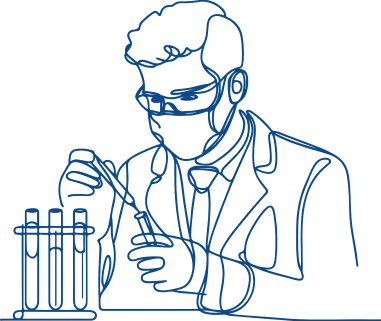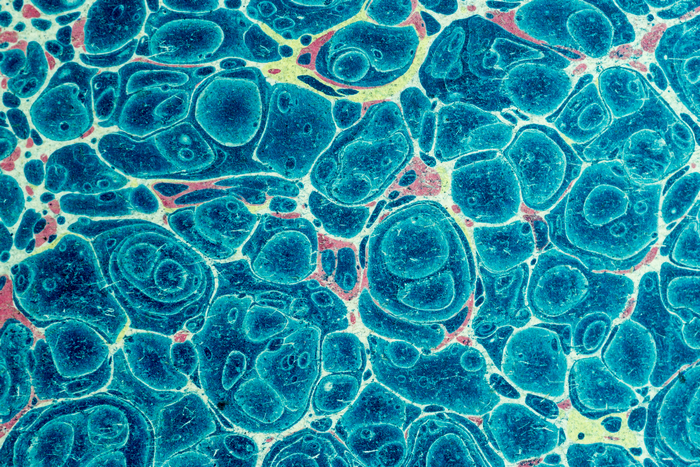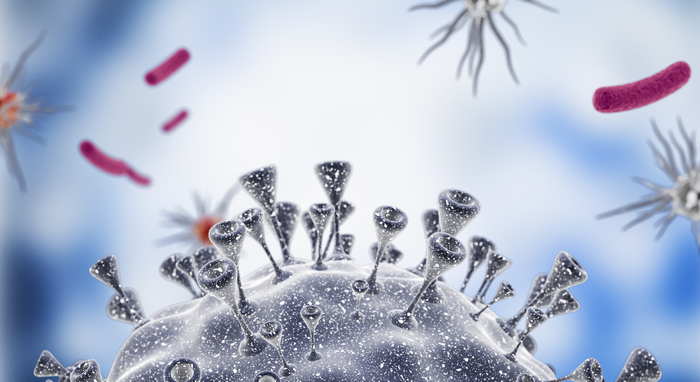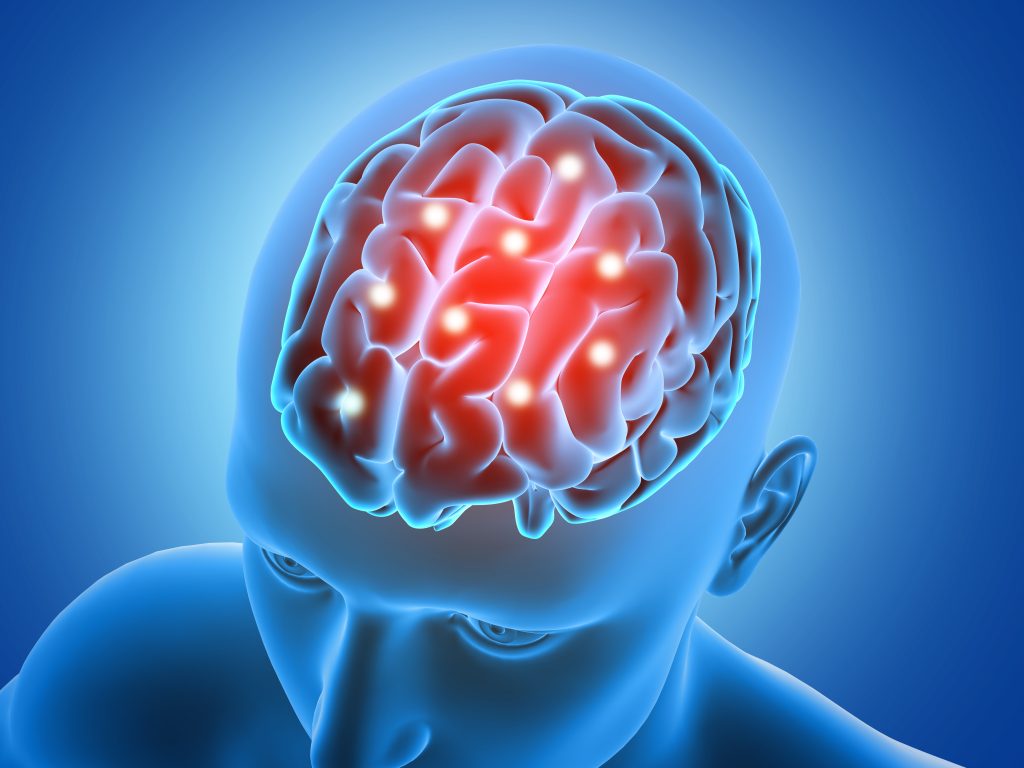Combating major pathologies

Cancer, neurodegenerative diseases, infectious diseases, cardiovascular or metabolic diseases… Inserm’s 278 research units, which bring together nearly 9,000 researchers and technicians, and its 34 clinical investigation centers are all engaged in voluntary, innovative research to reduce disease and improve health for all. To accelerate these advances, researchers and laboratories need financial support which, backed by the confidence of their sponsors and donors, enables them to explore new avenues of research in addition to those financed by the State.
How can you be sure that you’re supporting projects that really meet your expectations?
The Inserm Foundation can help you find your way around the wide range of themes and interdisciplinary work being carried out at Inserm.
Institutes coordinating research around 9 themes
Inserm is organized into institutes specializing in nine major themes. The aim? To organize research work, respond more effectively to health challenges and benefit from the complementary contributions of each discipline, as well as the latest medical imaging and artificial intelligence technologies.
The Inserm Foundation works closely with these Thematic Institutes (TIs), drawing on their expertise to identify the projects of greatest interest to donors, sponsors and society at large. The aim of this agency is to work with all stakeholders to define the major strategic research priorities.
The "Molecular and structural bases of life" theme

The Institut thématique Bases moléculaires et structurales du vivant (BMSV) is dedicated to the study of the molecules that make up living organisms. It seeks to understand how these molecules function, interact and transform, whether alone or in groups. To meet these challenges, researchers combine the contributions of several disciplines, including biology, physics, chemistry, computer science and mathematics.
The "Cell Biology, Development and Evolution" theme

The Institut thématique Biologie cellulaire, développement et évolution (BCDE) focuses on understanding cells, the fundamental units that make up all living things. It seeks to explain how they function, organize and interact to form tissues and organs in an organism. Researchers at the Institute also study how organisms develop from cells, to better understand the mechanisms by which living things are formed and organized.
The "Cancer" theme

The Institut thématique Cancer brings together all the research teams working on this pathology around three strategic axes:
- Identify factors that increase the risk of developing cancer.
- Better classify cancers according to the specific biological characteristics of each tumor type.
- Develop personalized medicine, which adapts treatments to both the patient’s profile and the particularities of his or her cancer.
The aim of this research is to improve prevention, diagnosis and treatment, in order to offer more effective, tailor-made care.
Genetics, genomics and bioinformatics

The Institut thématique Génétique, génomique et bioinformatique (GGB) explores the genetics and genomes of all living organisms, from viruses and plants to microbes and humans. Its research aims to understand how genetic material is organized, how it remains stable or changes over time, and how it is copied and repaired. The Institute also studies how genes express themselves, evolve and influence populations.
Immunology, inflammation, infectiology and microbiology

The Institut thématique Immunologie, inflammation, infectiologie et microbiologie (I3M) brings together experts to study microbes, infectious diseases, the immune system and inflammation mechanisms. Its aim is to forge strong links between these fields, in order to respond more effectively to the major health issues that affect our daily lives.
Neuroscience, cognitive science, neurology, psychiatry

The Institut thématique Neurosciences, sciences cognitives, neurologie, psychiatrie is dedicated to the study of the nervous system, both the brain and the nerves that run through the body. Its researchers explore its development, functioning, aging and the diseases that can affect it.
Physiopathology, metabolism, nutrition

The Institut thématique Physiopathologie, métabolisme, nutrition (PMN) is dedicated to the study of how the body functions and the diseases that can affect it. It is particularly interested in cardiovascular disease, diabetes, obesity and other disorders affecting organs such as the heart, lungs, liver, kidneys, bones, joints and skin.
Public health

The Institut thématique Santé publique (SP) works to improve the health of all by coordinating and supporting public health and clinical research teams. Its role is to bring together researchers in three main areas:
- The healthcare system: Study and optimize prevention, diagnosis and care to better meet patients’ needs.
- Public policy: Analyze the impact of political decisions on health, whether direct or indirect.
- Prevention: Developing strategies to reduce the risks associated with individual or collective behavior, such as drug use or eating habits.
The Institut thématique Santé Publique is organized into three divisions: Clinical Research, Collective Expertise and Public Health.
Health technologies

The Institut thématique Technologies pour la santé (TS) brings together experts to develop technologies essential to medical advances, whether in basic research or clinical care. Its transdisciplinary approach connects upstream researchers and engineers from a variety of fields (mathematics, physics, chemistry, biology, IT, electronics, nanotechnology) with downstream physicians and industrialists.
To find out more, click here: Thematic Institutes – Inserm, Science for health
For impact projects that improve human health
In May 2024, as part of France 2030, the French government entrusted Inserm with the management of an ambitious program to fund breakthrough research projects, characterized by risk-taking and high potential impact in the healthcare field: Impact Santé. This program provides the best possible support for excellent research projects, thanks to agile, rapid funding that accelerates innovation.
Inserm plays a pivotal role in biomedical research in France, which logically led it to chair the agency for health research programs created in 2024, together with all national research partners – universities, teaching hospitals, specialized research institutes and centers. The aim of this agency is to prepare the future of healthcare by collectively defining major research priorities.
Testimonial
” Since 2024, Inserm has chaired the agency for health research programs, which defines national priorities. Our ambition is to have a strong research base that will enable us to think sustainably about the future. Health deserves this, as it plays such an essential role in the daily lives of French people and in the sovereignty of our country. Inserm is therefore committed to building innovative science for the benefit of all, and the Inserm Foundation can help, “
Thomas Lombes, Inserm Deputy Director General for Strategy
